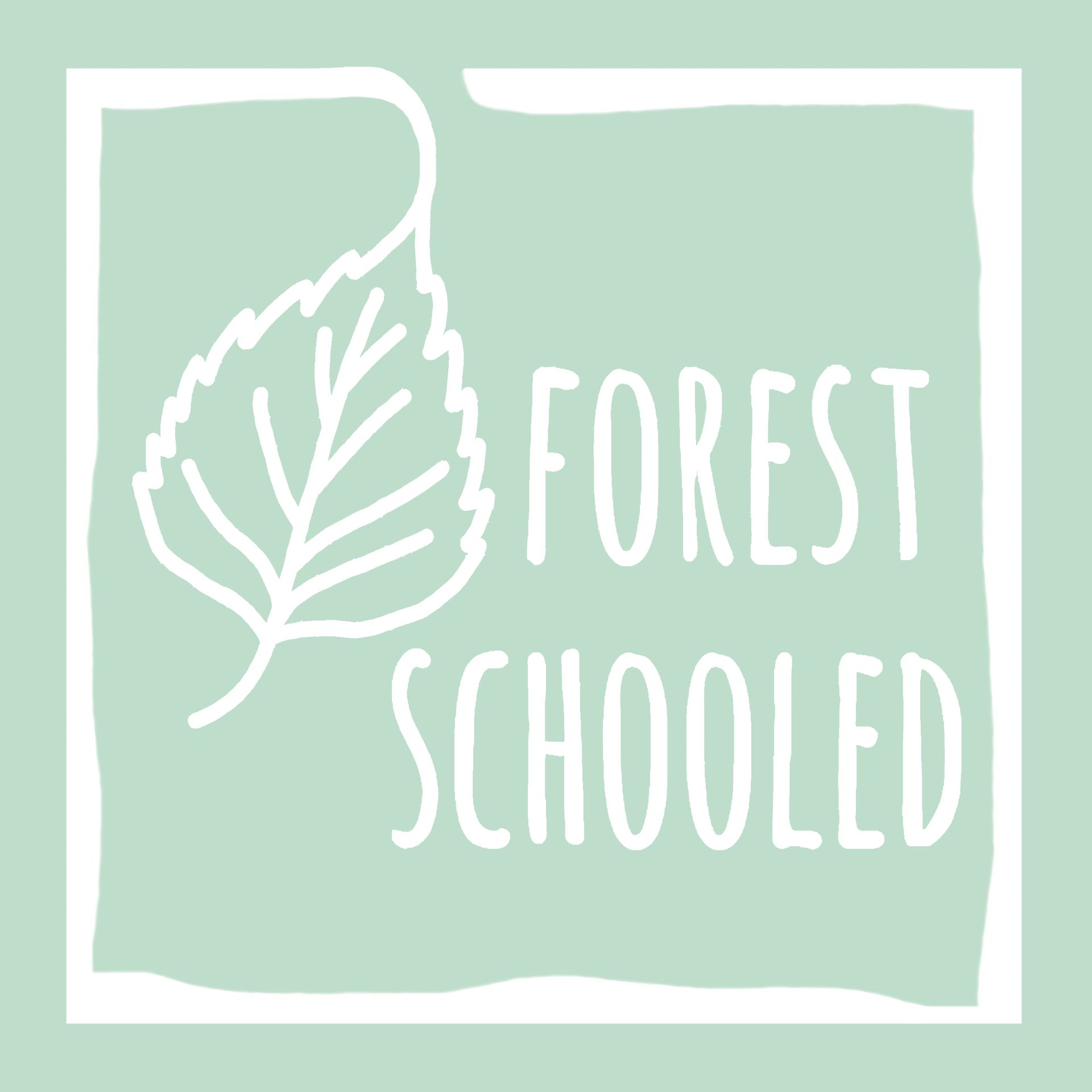
Blog
Stories from my personal journey learning about and delivering Nature-rooted programs across three different countries
How Forest School Leaders are different from Teachers...
Caylin (Forest Schooled)
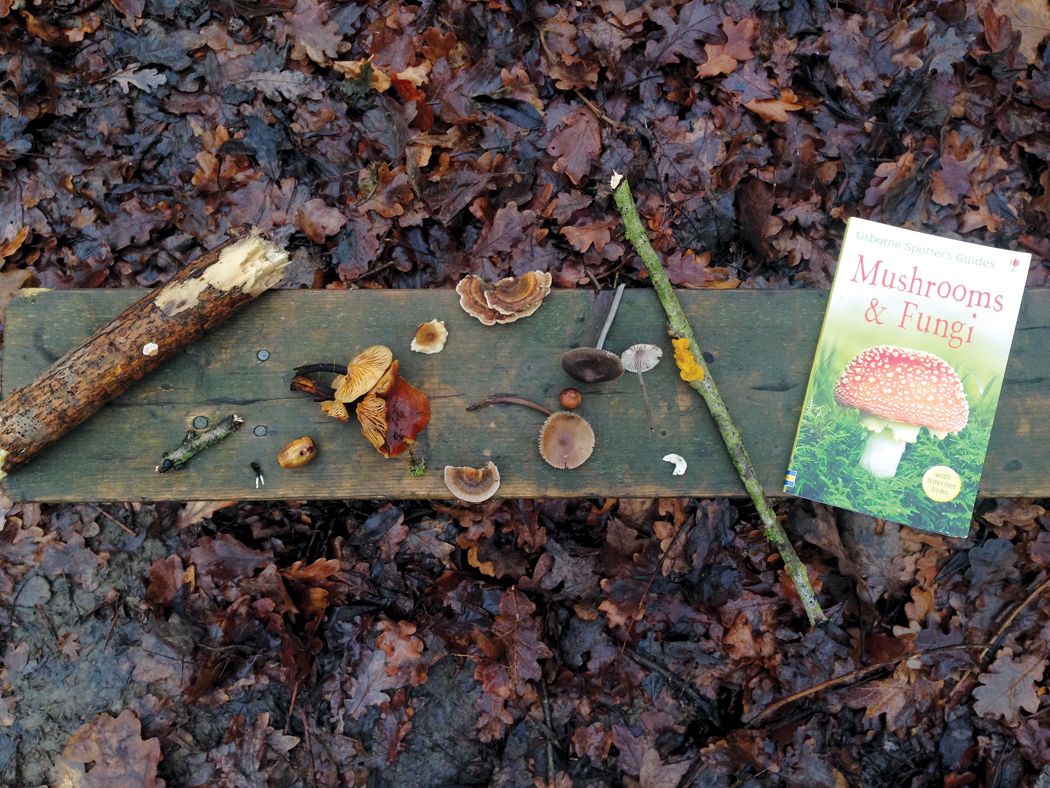
Empty space, drag to resize
Since undergoing Forest School training, I have changed the way I approach learning and education entirely. One major difference is I ask a lot more questions. In particular, I ask the children more questions. Now, I don't mean questions that are prodding or searching for answers in order to test if they've been listening to what they've been taught - like “Can anyone remember what kind of tree this is?” I mean open-ended questions that ask for the children's input and opinion. Questions like, “What do you think about that?” or “How do you feel about that?” or “How would you explain...?” that are asked with a genuine curiosity about their answer.
As a result of this, I've noticed something very interesting. Many children think my questions are strange.
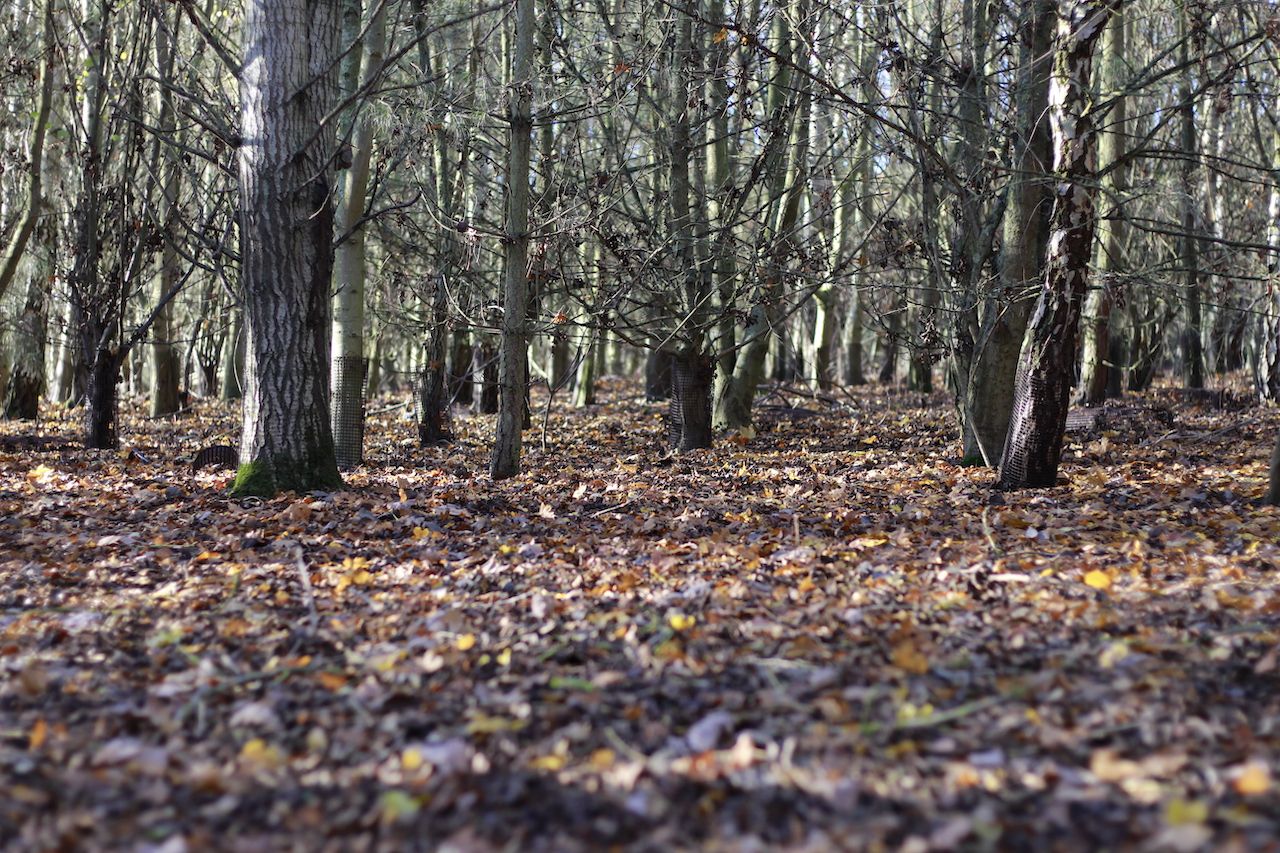
For example, when they tell me about something that's happened, they seem to expect me to respond by expressing my opinion about it or by making a judgement. When, instead, I ask, “Okay, so what do you think about that?” it can really throw them off. Most of the time, there's an unusually long pause as they try to work out how to answer. In fact, one time when I asked such a question, the child struggled to find an answer at all. Eventually, he said, “Well, I've never really thought about how I feel about it before...” My questions make them think about things that, perhaps, they are not often asked to think about, so they seem to find the process unfamiliar and odd.
Some older children have actually called me out on my questioning methods. Once, a 9 year old boy responded to my question by giving me a suspicious look and saying, “You always ask things like that!” This made me laugh and I resisted the temptation to reply with, “I do? So, what do you think about that?” But seriously, it has made me wonder, why do some children feel that an adult asking for their opinion or point of view is weird?
I think part of this comes from what we, as a culture, accept as 'education'. We assume that we learn best from those who know more than us – hence the basis of our entire school system having 'teachers'. In school, children are instructed to 'listen to the teacher', presuming that they will learn better if they do. Many children come to expect that all they have to do is sit and listen – the adult will simply hand them information.
Now, I think we can absolutely learn a lot by listening to a teacher, but not all of the time. There are many other ways to learn other than passing knowledge down from one person to another and I think we can miss out on these if we overemphasise the need 'to teach'.
One way Forest School facilitates a different learning style is by encouraging a culture in which adults and children learn together. For example, the other day a girl named Beth wanted to go looking for mushrooms and asked me to come with her. I know a little bit about mushrooms, thanks to a dear friend who has shared her wealth of knowledge with me over the years (you know who you are ;) ), but I am definitely no expert! So I took an approach where Beth and I would be exploring and learning together. I was not a 'teacher' in this scenario. This is what happened...
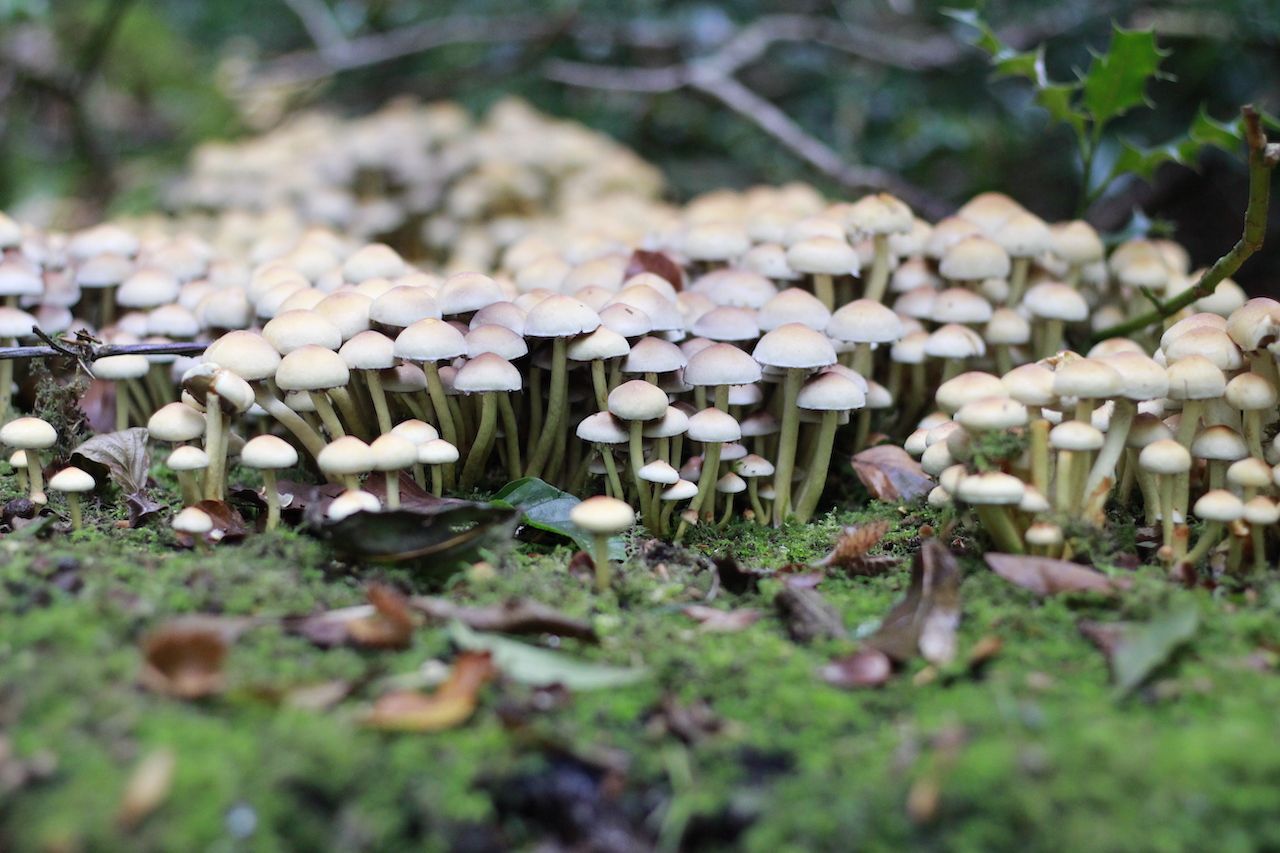
We took a simple ID book with us and, as we stumbled across our first collection of mushrooms poking up from the woodland floor, we opened the book up. Thumbing through its pages, we soon learned some basic differences between fungi that can help with identification – does it have pores or gills? Does it have a cap? Is it growing out of the ground or a tree? Does it have a stalk?
As we explored, we were able to identify some common mushrooms and laughed together about how some of the names were very descriptive of what the fungi resembled (e.g. turkey tail, candle snuff, yellow brain, beafsteak). We collected a few samples and, when we found one we couldn't ID with the book, we decided to make up a name for it to help us remember it in the meantime. Thus, a white fungi that looked as if it had been smeared on a stick became known as 'melted marshmallow on a stick'.
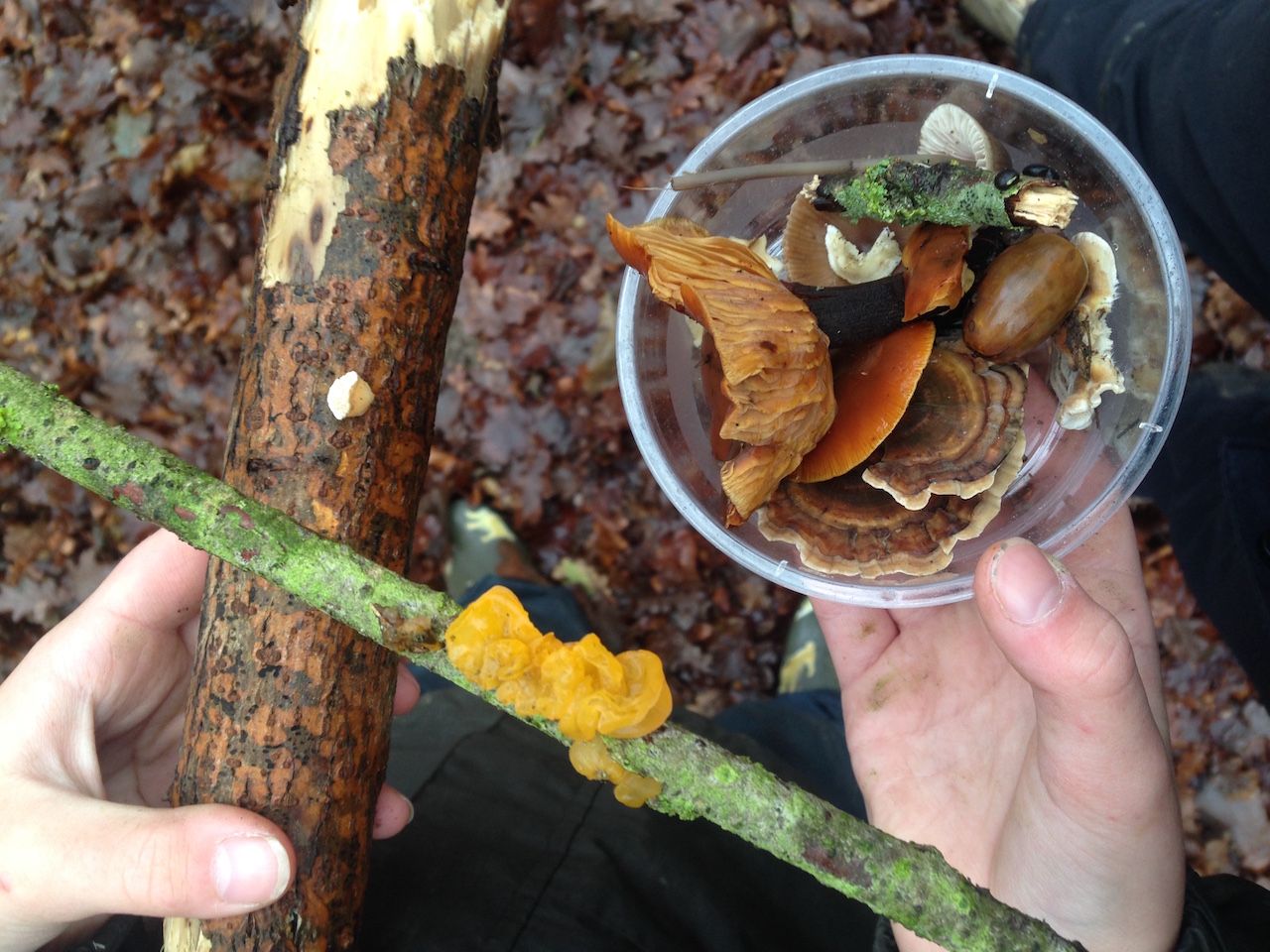
We were also left with unanswered questions, like does a jelly fungus release spores like other mushrooms do since it doesn't seem to have pores or gills? Beth hypothesised that maybe it does have pores, but they're just so small we can't see them. We decided this was something we would look up later when we had access to more resources. (Which, by the way, I did and learned that “They produce microscopic basidiospores over the surfaces of their bodies on structures very much like those found on the surfaces of gills beneath regular mushroom caps” (Backyard Nature)). An hour slipped by in what felt like a blink of an eye and we called it quits when we found out the hot chocolate was ready.
The greatest thing about our 'lesson' on mushrooms was that both Beth and I had learned quite a bit about a variety of fungi through an enjoyable experience! There were no onerous memorisation exercises or forced periods of listening. We were just curious about what we found and genuinely wanted to know more. In this example, by assisting Beth in her fungi exploration, I took on more of the role of 'facilitator' rather than 'teacher'. What's the difference? Well, Roger Greenaway (2004) states “A useful 'rule of thumb' distinction between facilitation and teaching is that in facilitation, the goal is usually for people to learn something that nobody knows at the beginning, whereas in teaching the goal is usually for people to learn what the teacher already knows” (pg. 103).
The benefit of facilitation is that it can eliminate the hierarchy that a 'teaching' role tends to create. It demonstrates that knowledge is not just acquired with age or position, it's acquired through attitude – having the desire and willingness to explore or pursue something to learn more.
References
Backyard Nature (no date) Jelly Fungi, http://www.backyardnature.net/f/jellyfun.htm, 12/01/2017.
Greenaway, R. (2004) Facilitation and Reviewing in Outdoor Education, in Sharp, B and Barnes, P. (Eds.) The RHP Companion to Outdoor Education, Russell House Publishing Ltd, Lyme Regis. Ch.15.
More Posts
WANT TO GET FOREST SCHOOLED TOO?
Subscribe to my email letters, something special from me to you so we can learn together. Each one is filled with heart-felt stories from the forest, resources you may find useful, and things that hopefully bring a smile too.
Thank you!
© by FOREST SCHOOLED
